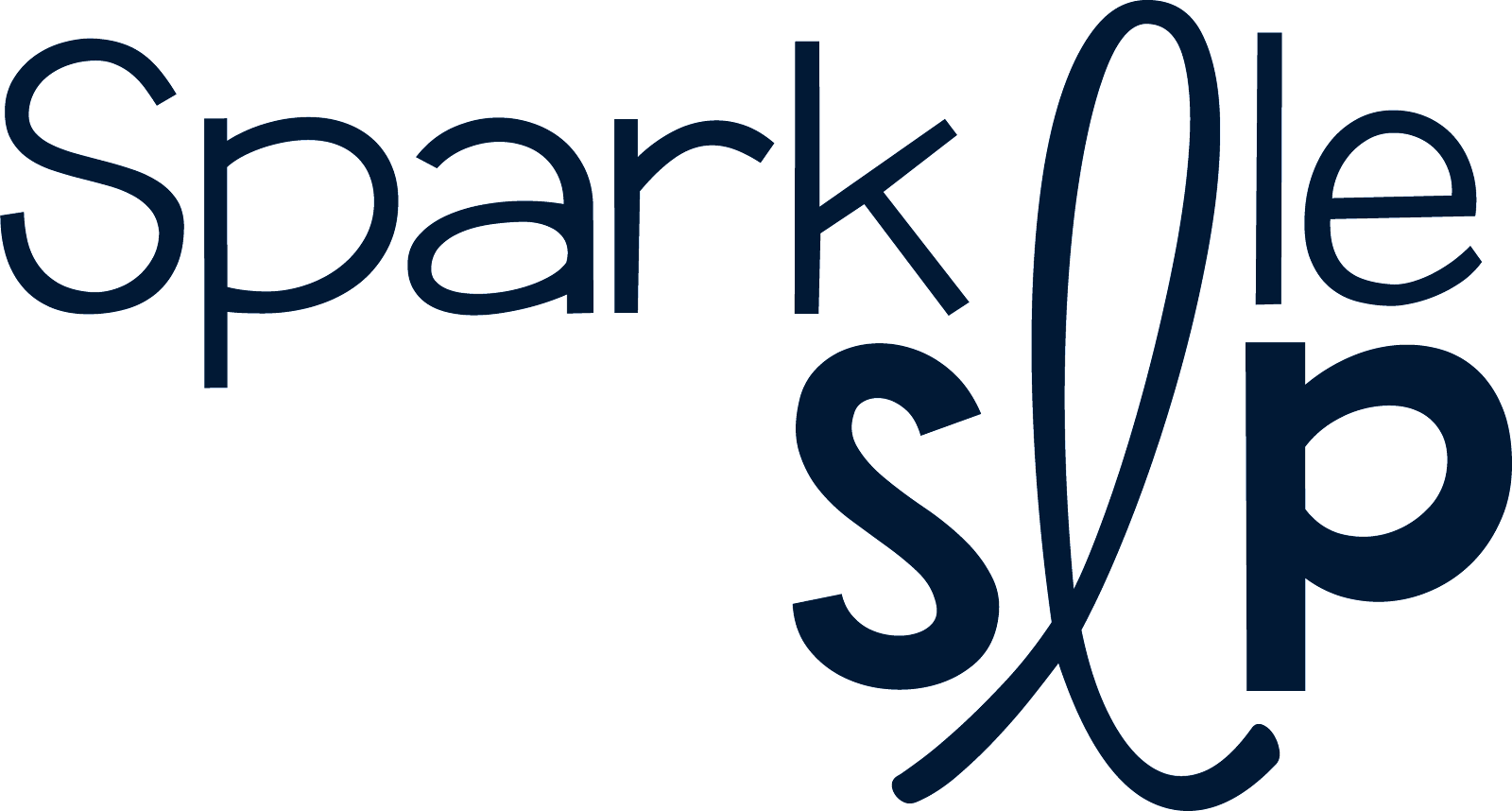The best thing I learned this summer came to me after I did some good old fashioned brainstorming. You know, the kind with paper and pencil {or thumbs and an iPhone}, where you list all your ideas and start deleting those that won't make the cut. How can I choose the best when so many rank among the top? Let's take a look at my list!
1. I should ban myself from entering Target and TJMaxx if I want to have any money.
2. My house will never again be clean while my three children live with me and that is OK {at least if I continue to remind myself of the OK part}.
3. Binge TV watching via Netflix or Amazon Instant Video is AH-mazingly addictive! {I finished 5 seasons of Downton Abbey in about a week.}
While these are definitely things I learned this summer, I tried to identify something that would relate to the wonderful field of speech-language pathology. What I arrived at was the importance of teaching problem solving in children.
I'm referencing my own children and their lack of opportunities to solve problems or make decisions. Their days are filled with over scheduling of activities, running from one event to the next, and being directed about every ounce of their day. When a disagreement breaks out amongst them, I naturally intervene and solve the problem. I text their friends' parents to arrange play dates. I give them verbal lists of expectations in exhaustion and offer scant time to complete tasks, with little tolerance for mistakes. Game nights usually turn into early bed nights when impatience and intolerance prevail. Yikes, I need to do some reflection of my own. This is not at all how I planned to parent. Now throw in many hours in front of screens {their toy/activity of choice} and think about the resources for problem solving provided immediately with one question posed on Google. The speedy response promoting instant gratification and impulsivity.
 |
| {via} |
Let me offer a visualization to add to my case.
Think of the movie The Sandlot, where neighborhood boys played baseball from dawn until dusk. This movie easily depicts executive functions in use. The boys actively engage in developing, planning, negotiating, initiating, as well as inhibiting actions, among other executive functions!
 |
| {via} |
Which brings me to the conclusion that The Best Thing I Learned This Summer is to use strategies to support development of executive functioning in my own children. Since school is quickly approaching, I thought I would list some ways to help throughout the year.
1. Establish routines. Routines help with predicting what will happen next.
2. Use checklists to identify the steps needed to carry out tasks. Allow the child to help in the development of these checklists to practice the skill.
3. Offer rewards. Using external motivation when learning a new skill assists children in carrying out tasks.
4. Set time limits. Limits for how short or long something should take to begin to develop time management.
5. Use a planner or calendar. These aid in executing tasks as well as prioritizing.
I wouldn't be a speech-language pathologist if I didn't suggest talking about the "why" or the importance of learning to problem solve and make decisions, so don't forget to "discuss" each strategy. My favorite go to of the summer has been using the bounce back technique. When my children ask me a "how" or "why" question that I believe they could reason about, I bounce the question right back. This prevents the instant answer they are seeking and promotes some critical thinking on their part. I'd love to hear the best thing you learned this summer and I so look forward to reading all the link-ups.

Go ahead and pinch me now. I'm quite sure I am not believing that this little blog author is now a member of The Frenzied SLPs. Likely the coolest SLPs on the block and I just happened to have my number called. As you bring me down off my pedestal I've just hopped on, let me welcome you to Speaking About Remarkable Kids Learning Language Everyday if this is your first visit. I'm very glad you stopped by.



.png)





